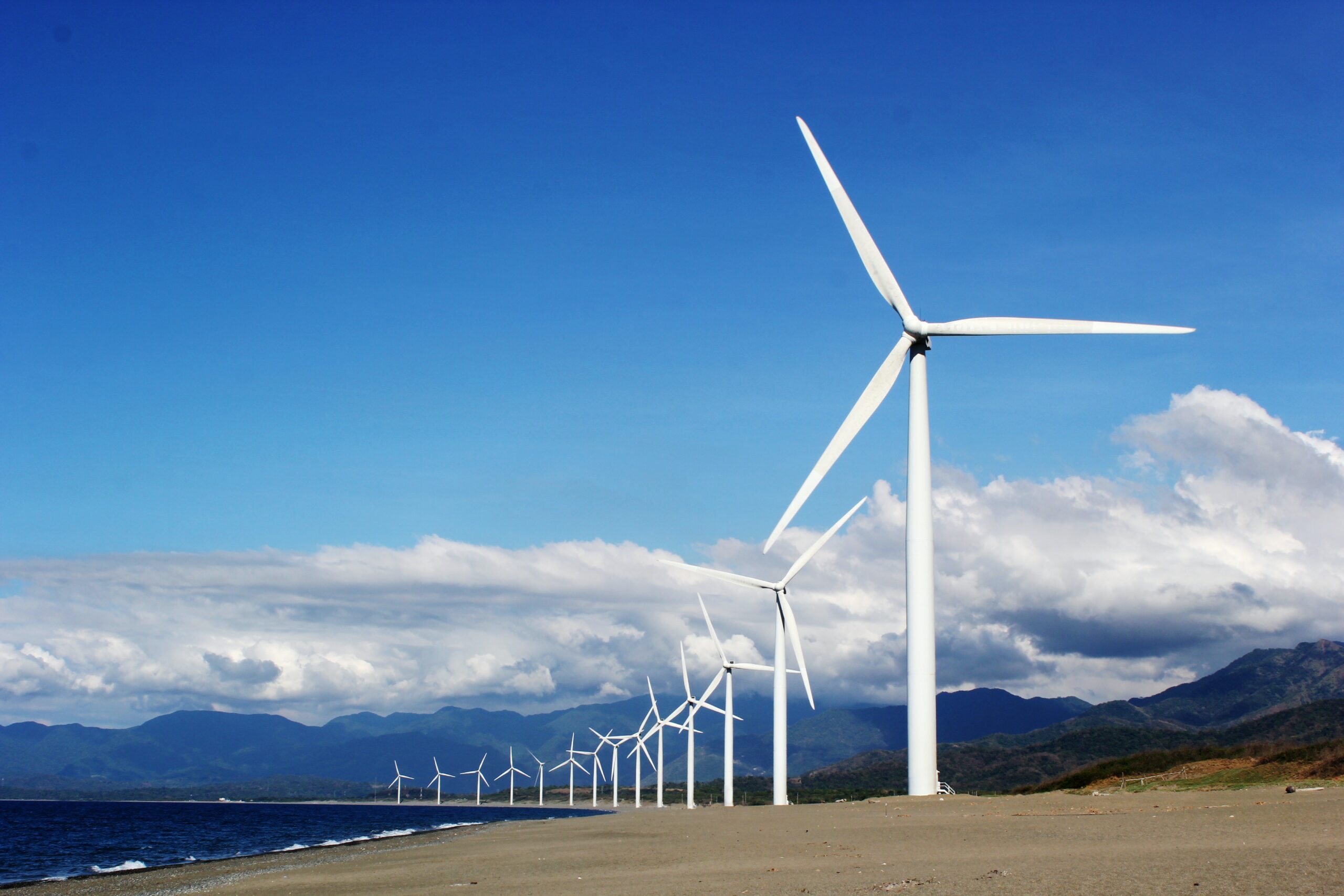 A federal Clean Energy Standard has been proposed as a policy approach to help meet climate change goals. The Biden Administration and some members of Congress are seeking to include it in budget reconciliation, and three variations of the policy have been introduced in Congress.
A federal Clean Energy Standard has been proposed as a policy approach to help meet climate change goals. The Biden Administration and some members of Congress are seeking to include it in budget reconciliation, and three variations of the policy have been introduced in Congress.
The policy seeks to drive electric power generation to net-zero carbon emissions by requiring utilities to include more clean energy over time. Standards like this already exist in 30 states as
renewable portfolio standards. Because of the similarities, many policy analysts believe a federal clean energy standard would be easy to implement. It would also incentivize clean power development and help the U.S. reach climate goals. However, other analysts and policymakers are concerned that current clean energy standard targets (such as the Biden Administration’s proposed 100% by 2035 and 80% by 2030 zero-emission goals) are not technologically feasible, that a federal standard would be difficult to harmonize with state level standards, and that it would lead to less cost-efficient outcomes than a carbon tax.
OurEnergyPolicy hosted a webinar on clean energy standards on July 28, 2021, with opening remarks from Senator Tina Smith (D-MN). Senator Smith observed that including a clean energy standard in the budget reconciliation process has strengthened the concept by making it more investment and budget-based. Panelists weighed in with how to define “clean energy,” how a CES can be implemented (including their thoughts on proposed legislation), and how to reconcile differences between federal and state policies. Panelists said some form of carbon price would be a better method of addressing emissions but that a CES would still be worthwhile.
OurEnergyPolicy’s July 28, 2021 Webinar – Proposed Federal Clean Energy Standards
Question 1) How would a federal clean energy standard be best crafted?
The US and all other countries must get on the path to achieving net-zero greenhouse gas emissions by 2050 as soon as possible. This will only be achievable if the… Read more »
Since this is for electric power generation, the task is easy. Set the standard so it goes from today’s level of fossil fuel-based electric power to zero by 2035. Since… Read more »
Question 2) Do you have any concerns about a federal clean energy standard, and how would it interact with state renewable portfolio standards?
Question 3) How should a federal clean energy standard define clean energy?
A Clean Energy System (CES) is a system that when operating to provide energy, does not emit any material greenhouse gases (no more than 0.5% of GHG emissions compared to… Read more »